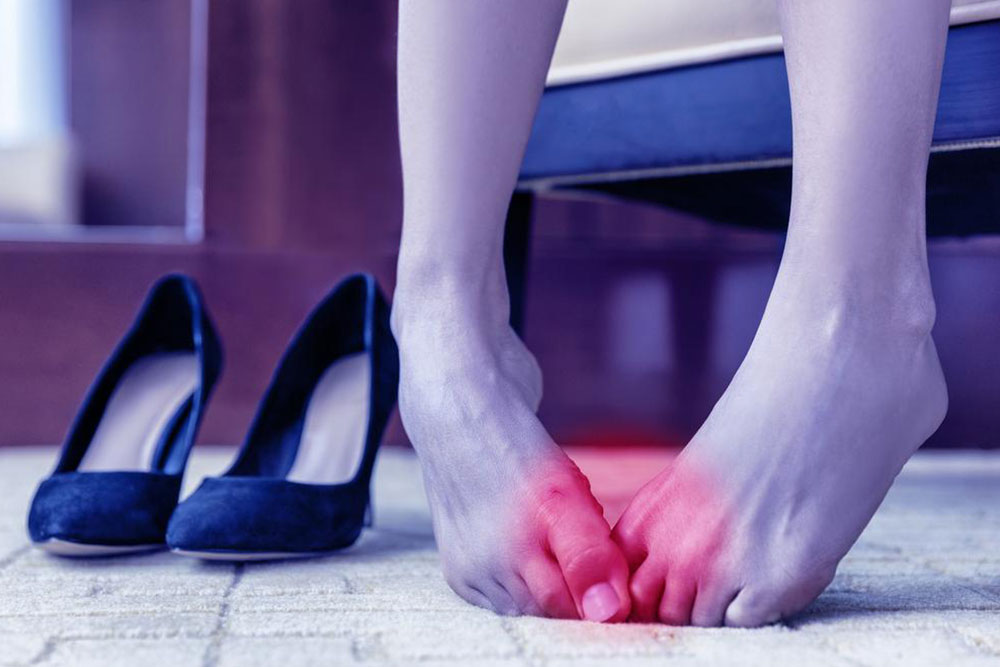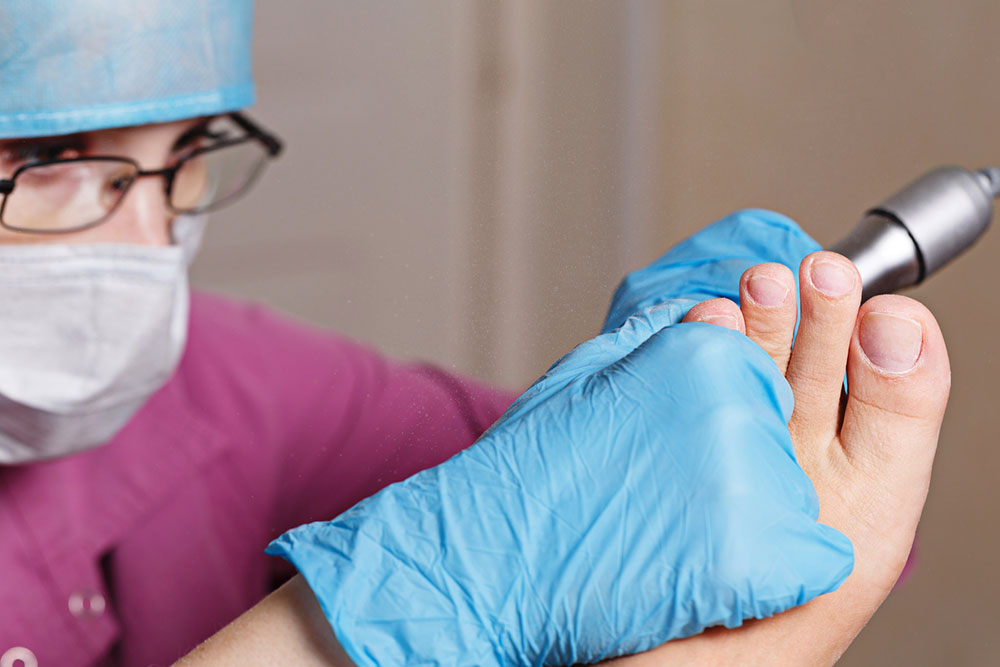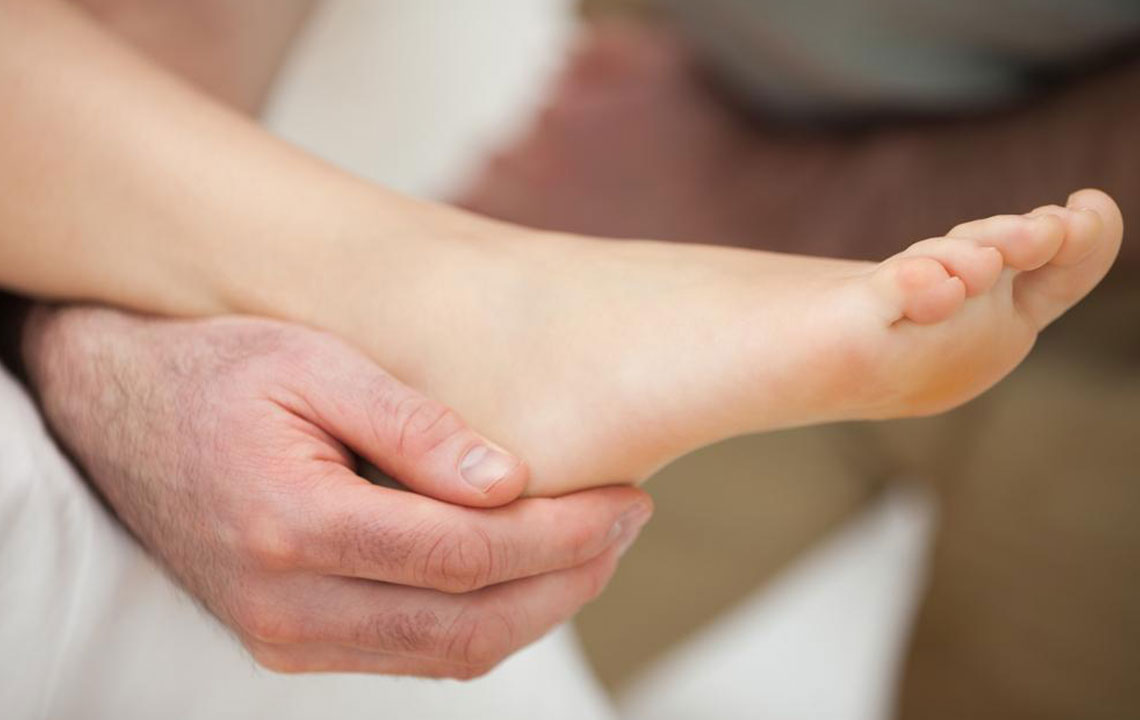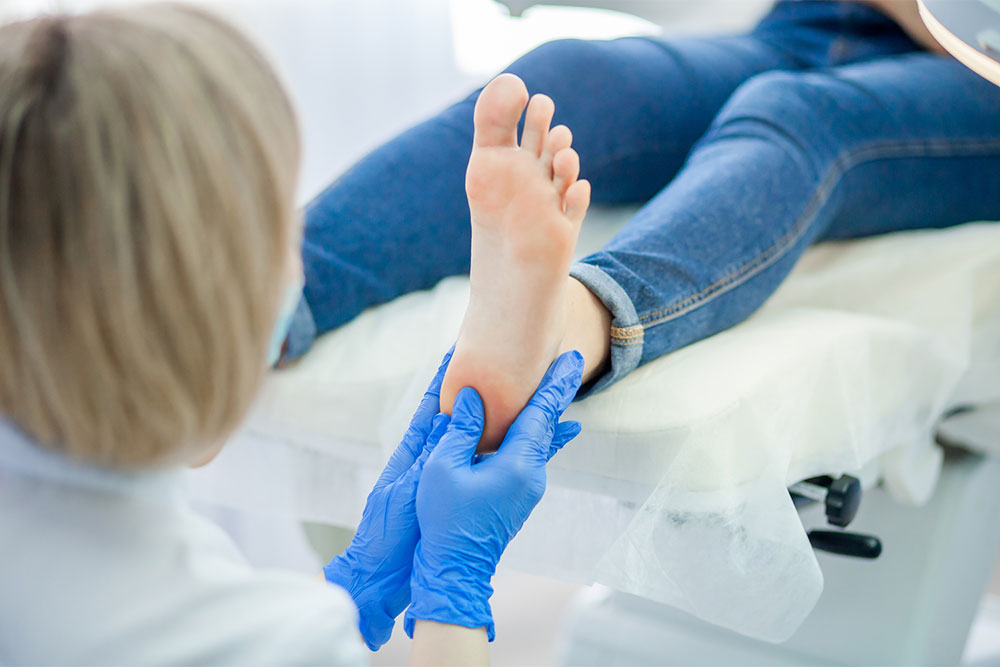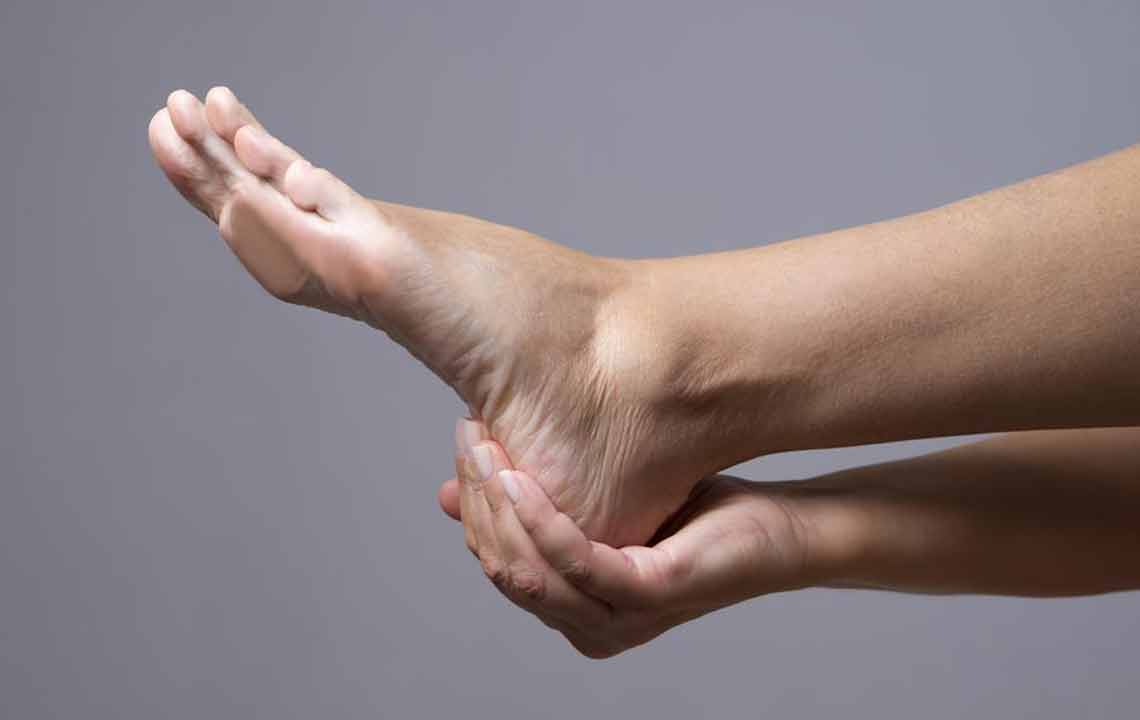Effective Strategies for Alleviating Foot Discomfort
Learn effective and simple methods to alleviate foot pain, understand its common causes, and know when to seek medical help. Proper footwear, rest, supportive devices, and professional treatments can promote quick relief and prevent future problems. Maintaining foot hygiene and following medical advice are essential for optimal recovery and long-term foot health.
Sponsored
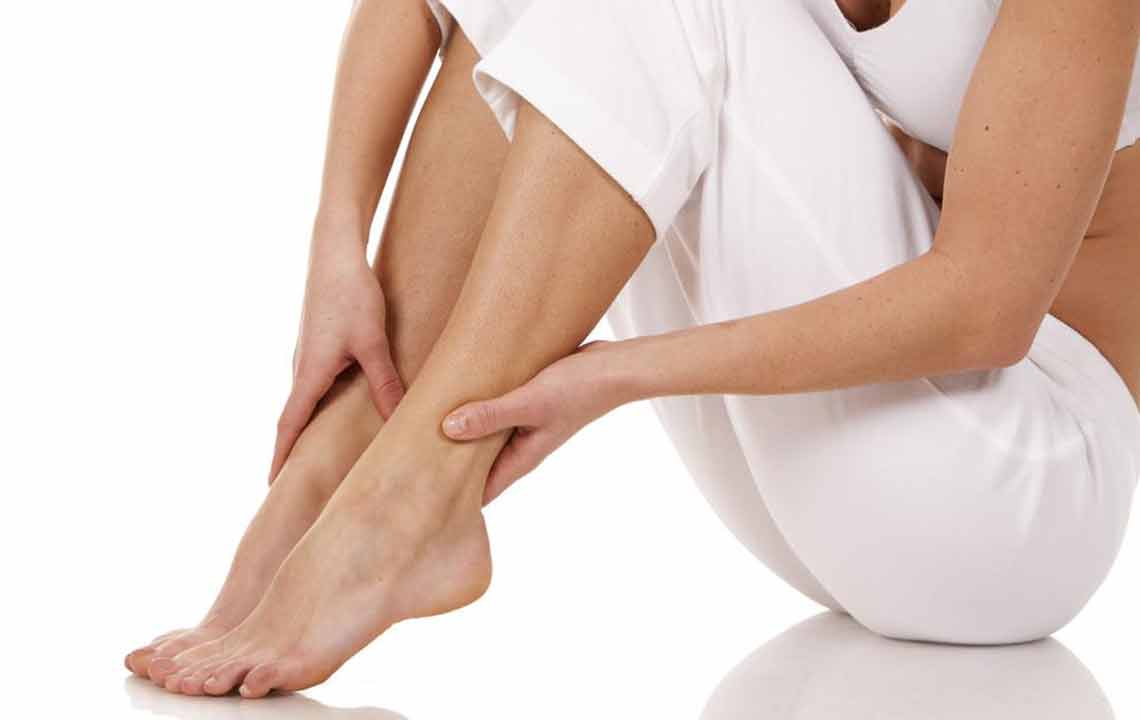
Feet are crucial for mobility, enabling activities like standing, walking, running, and climbing. Despite their importance, they often go neglected until pain strikes. Foot discomfort can significantly reduce your energy and make movement difficult, prompting you to stay still for hours. Recognizing the causes and exploring remedies can help you find quick relief.
Why do feet hurt?
Our body weight rests on our feet when we stand or walk, which can cause pain, especially if there are underlying issues. Foot pain is a common concern, affecting various parts like toes, heels, arches, or soles. The foot is a complex structure with 26 bones, 33 joints, muscles, tendons, and nerves, making it susceptible to different problems. Mild discomfort can be manageable, but severe pain may impair walking and require medical attention for quick recovery.
Neglecting foot pain can lead to more serious conditions over time.
What causes foot pain?
Multiple factors contribute to foot pain, including poor footwear choices, injuries, or medical conditions. Wearing tight shoes, high heels, or ill-fitting footwear exerts excessive pressure, especially on toes. High-impact activities like jogging and aerobics can cause injuries. Conditions such as arthritis, diabetes, obesity, sprains, fractures, tendinitis, and pregnancy are common culprits. Other issues include calluses, bunions, corns, ingrown nails, fallen arches, plantar fasciitis, gout, athlete's foot, and rheumatoid arthritis. Tendon overstretching can cause sprains, while stress fractures often affect the metatarsals or rearfoot bones.
When should you see a doctor?
If foot pain disrupts daily activities, worsens over time, or is accompanied by swelling, deformity, numbness, or heat, seek medical help promptly. Persistent or severe pain, especially with loss of function, indicates the need for professional assessment.
Simple tips for easing foot pain include:
Wearing well-fitting shoes with shock-absorbing soles
Using custom orthotics or insoles for extra support
Elevating your feet to reduce swelling
Applying muscle pain sprays for temporary relief
Choose supportive footwear, replace worn shoes regularly, and consider using heel cushions or wedges. Resting your feet helps tissues recover. Proper supports like braces or insoles provide relief, especially if standing or walking causes discomfort. Cold packs reduce swelling and numb pain. Maintain a healthy weight, keep feet clean, and protect them when outdoors. Medical treatments like ultrasound, electrical stimulation, or laser therapy may be recommended to reduce pain and promote circulation.
Follow-up exams, scans, or X-rays are often necessary to monitor healing after injuries like sprains or fractures. Engaging in a guided exercise program, designed by professionals, can prevent future issues and promote foot health.


